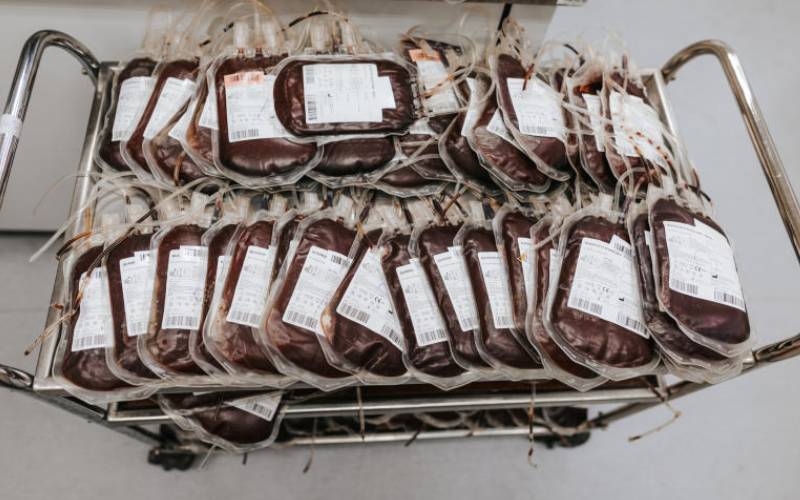×
The Standard e-Paper
Stay Informed, Even Offline

Studies have shown that platelets extracted using apheresis machines are at least five times better in terms of quality. [Courtesy]
Blood bank services in the country received a major boost with the introduction of vein-to-vein technology to enhance accountability away from the previously porous manual system.